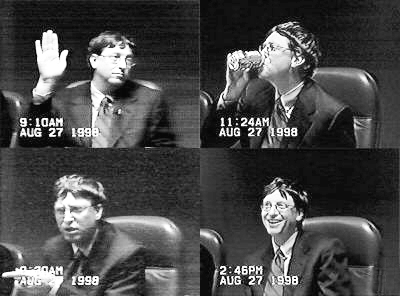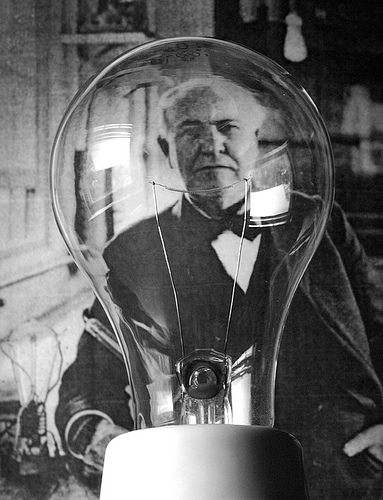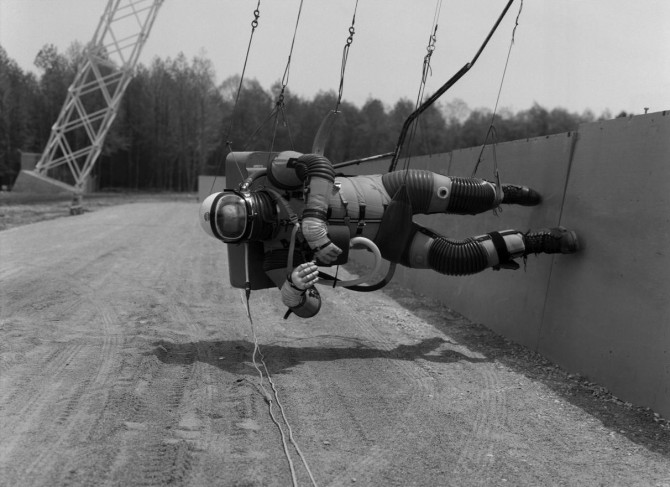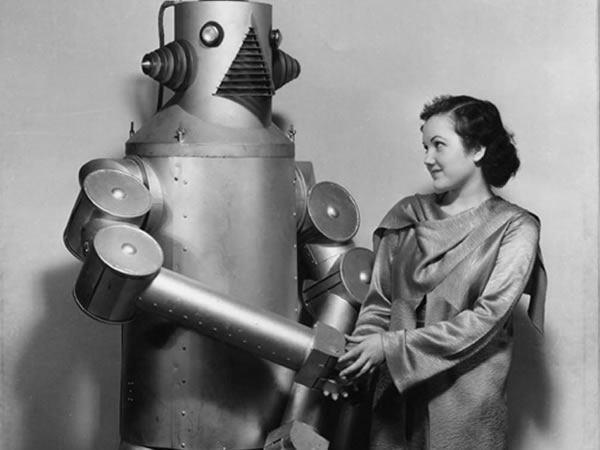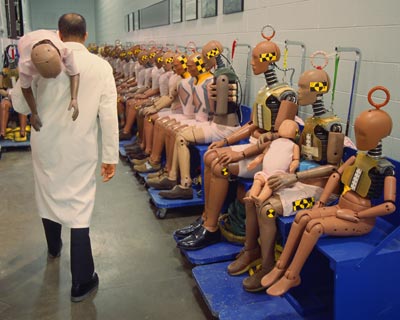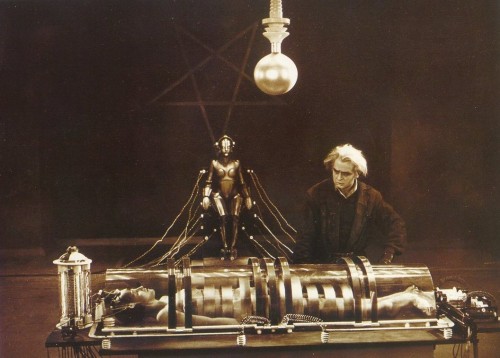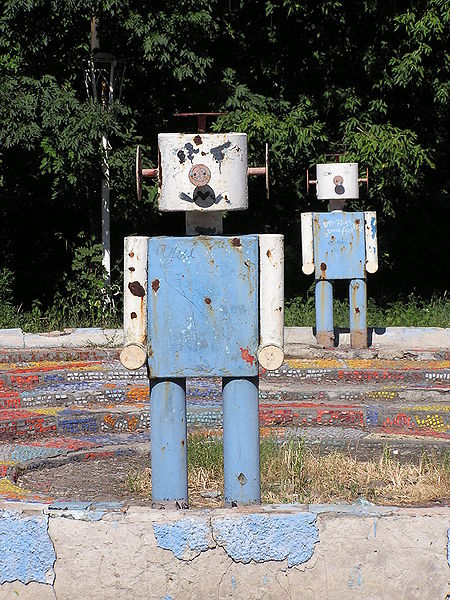Eric Brynjolfsson and Andrew McAfee’s The Second Machine Age, a first-rate look at the technological revolution’s complicated short- and mid-term implications for economics, is one of the best books I’ve read in 2014. The authors make a compelling case that the Industrial Revolution bent time more substantially than anything humans had previously done, and that we’re living through a similarly dramatic departure right now, one that may prove more profound than the first, for both good and bad reasons. In a post at his new Financial Times blog, McAfee takes on Peter Thiel’s contention that monopolies are an overall win for society. An excerpt:
“His provocation in Zero to One is that tech monopolies are generally good news since they spend heavily to keep innovating (and sometimes do cool things unrelated to their main businesses such as building driverless cars) and these innovations benefit all of us. If they stop investing and innovating, or if they miss something big, they quickly become irrelevant.
For example, Microsoft’s dominance of the PC industry was once so worrying the US government went after it in an antitrust battle that lasted two decades. Microsoft still controls more than 75 per cent of the market for desktop operating systems today, but nobody is now worried about the company’s ability to stifle tech innovation. Thiel paraphrases Leo Tolstoy’s most famous sentence: ‘All happy companies are different: each one earns a monopoly by solving a unique problem. All failed companies are the same: they failed to escape competition.’
I like Thiel’s attempt to calm the worries about today’s tech giants. Big does not always mean bad and, in the high-tech industries, big today certainly does not guarantee big tomorrow. But I’m not as blithe about monopolies as Thiel. The US cable company Comcast qualifies as a tech monopoly (it’s my only choice for a fast internet service provider) and I struggle mightily to perceive any benefit to consumers and society from its power. And there are other legitimate concerns about monopsonists (monopoly buyers), media ownership concentration and so on.
I once heard the Yale law professor Stephen Carter lay down a general rule: we should be vigilant about all great concentrations of power. We won’t need to take action against all of them but nor should we assume that they’ll always operate to our benefit.”

